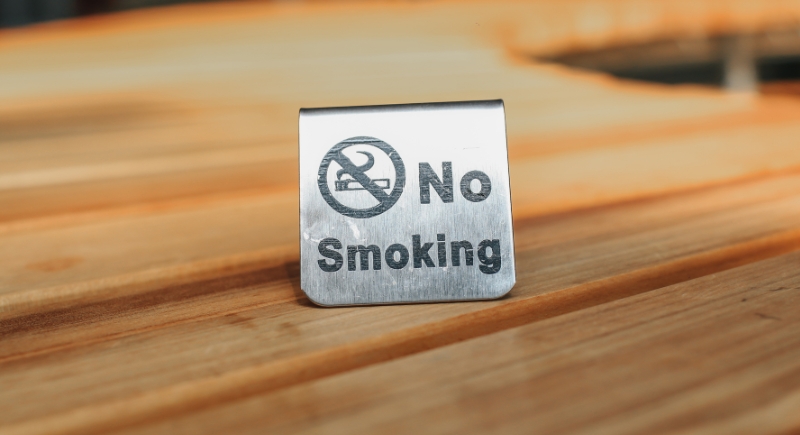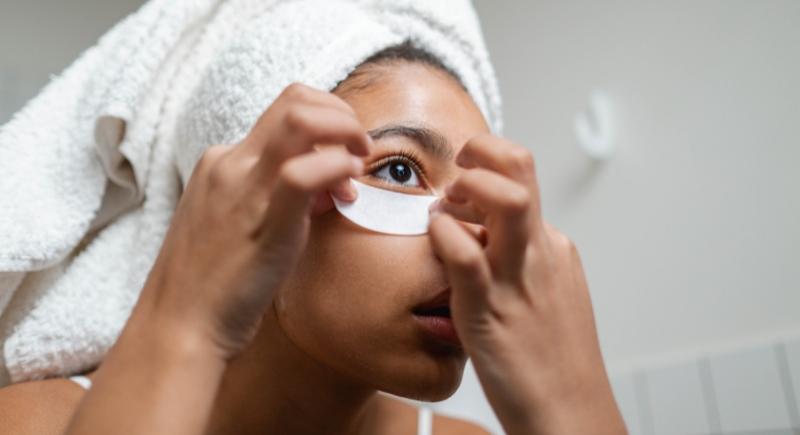15 Daily Habits That Are Quietly Aging You
You might blame genetics for making you look older than you feel, but the small routines you follow each day have a greater influence than you think. Skipping sleep, letting stress linger, or staying glued to your screen can chip away your vitality. These common daily habits accelerate aging in real ways.
Skipping Days Off

Credit: StefanDahl
Not taking breaks puts your body under continuous stress. Your nervous system doesn’t get a chance to reset, which affects mood and energy. It also slowly breaks down the body’s defense systems as time passes. Adding a short, daily pause—just 15 minutes to sit quietly—can support recovery.
Barely Drinking Water

Credit: pixabay
When you don’t drink enough water, your body and brain start to underperform. Dehydration makes it harder to think clearly, weakens your short-term memory, and slows down your ability to regulate temperature. It also reduces joint lubrication and makes skin highly prone to dryness and irritation.
Sleeping Less Than Five Hours

Credit: Canva
Studies have linked sleeping fewer than five hours a night to a significantly higher risk of early mortality. Chronic short sleep disrupts the body’s ability to repair itself and affects hormone regulation. Deep slumber is when tissue rebuilding and immune strengthening happen. Without enough of it, memory becomes unreliable, and energy levels dip.
Consuming Excess Sugar

Credit: Getty Images
More people have started swapping sugary snacks for lower-glycemic alternatives, and there’s a good reason behind the shift. Sugar triggers glycation, a process where sugar molecules bind to proteins, which damages collagen and weakens skin structure. That damage shows up as sagging, dullness, and premature wrinkles.
Constant Headphone Use

Credit: pexels
Wearing headphones all day overstimulates your hearing and disconnects you from your surroundings. Your brain misses the downtime it needs to rest and recharge. This habit can also lead to neck tension and shallow breathing. Try setting aside part of the day to go without audio.
Eating Mostly Processed Foods

Credit: Canva
Busy schedules and limited energy make fast meals more appealing than cooking. But over time, that habit chips away at your health. These foods are usually high in additives and low in nutrients your body needs to fight inflammation and oxidative stress. Eventually, aging accelerates at the cellular level.
Overusing Air Conditioning Indoors

Credit: Sorapong’s Images
According to experts, spending too much time in air-conditioned environments can dehydrate your skin and nasal passages. Dry indoor air pulls moisture from your skin’s surface and leads to flakiness, fine lines, and dullness. It also reduces natural oil production, which plays a role in skin elasticity.
Smoking or Vaping

Credit: snoopytkd
Nicotine causes your blood vessels to narrow and restricts oxygen delivery, which hurts your skin and organs. Tobacco also breaks down collagen, which causes sagging and lines to appear earlier. Vaping delivers different chemicals but carries similar risks. If quitting feels out of reach, ask your doctor about patches or counseling.
Avoiding Mental Challenges

Credit: Canva
A bit of engagement is all your brain needs to maintain flexibility and sharpness. Keep your mind active by reading, practicing puzzles, or trying skills that feel unfamiliar. If you stop learning new things, your brain will adapt by doing less. That adjustment makes memory and processing speed decline faster with age.
Sitting for Long Periods

Credit: Getty Images
Long stretches of stillness slow your metabolism and increase fat storage. Your body wasn’t made to stay in one position for hours. Movement helps regulate blood sugar and improve circulation. Even standing up briefly every half hour makes a difference.
Exposing Skin to the Sun Daily

Credit: Getty Images
You may enjoy walking in the sun, especially during colder months when it feels pleasant. But even mild, daily exposure adds up and affects your skin long before you notice it. Ultraviolet rays weaken skin firmness, speed up discoloration, and lead to uneven texture.
Neglecting Oral Hygiene

Credit: Getty Images
Doctors have told us since childhood to brush twice a day, and that advice holds up for a reason. Skipping your nighttime brushing allows bacteria to build up, especially while you rest. Gradually, that leads to gum inflammation, tooth decay, and even an increased risk for heart disease.
Ignoring Eye Area Skincare

Credit: pexels
The skin around your eyes is thinner and shows signs of stress earlier than other areas. It loses moisture faster and reacts more to squinting and screen time. Use a product with ingredients like retinol or hyaluronic acid to support elasticity. Consistent care softens lines and helps that area hold up better as the years pass.
No Social Connection

Credit: pexels
Going long stretches without meaningful interaction can affect your well-being as much as your mood. Studies link social isolation to increased inflammation, weaker immune response, and higher risks of cognitive decline. Staying connected with others plays a real role in maintaining mental sharpness and emotional stability.
Extreme Exposure to Blue Light

Credit: doucefleur’s Images
You can protect your eyes from blue light through simple habits like following the 20-20-20 rule—every 20 minutes, look at something 20 feet away for 20 seconds. This helps reduce digital eye strain, which builds up after long hours on screens. Consistent close-range focus and reduced blinking cause dryness, tension, and blurry vision.